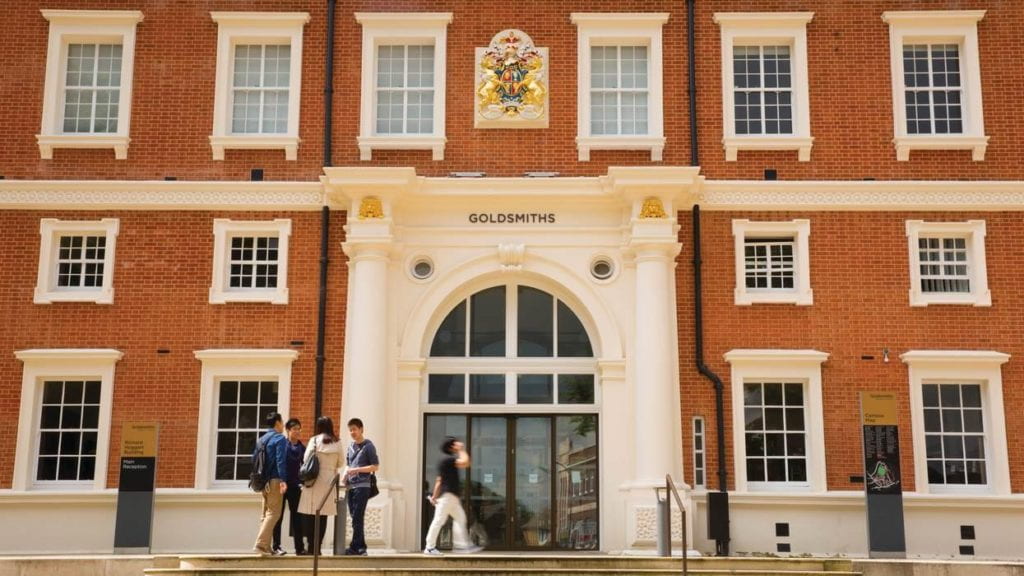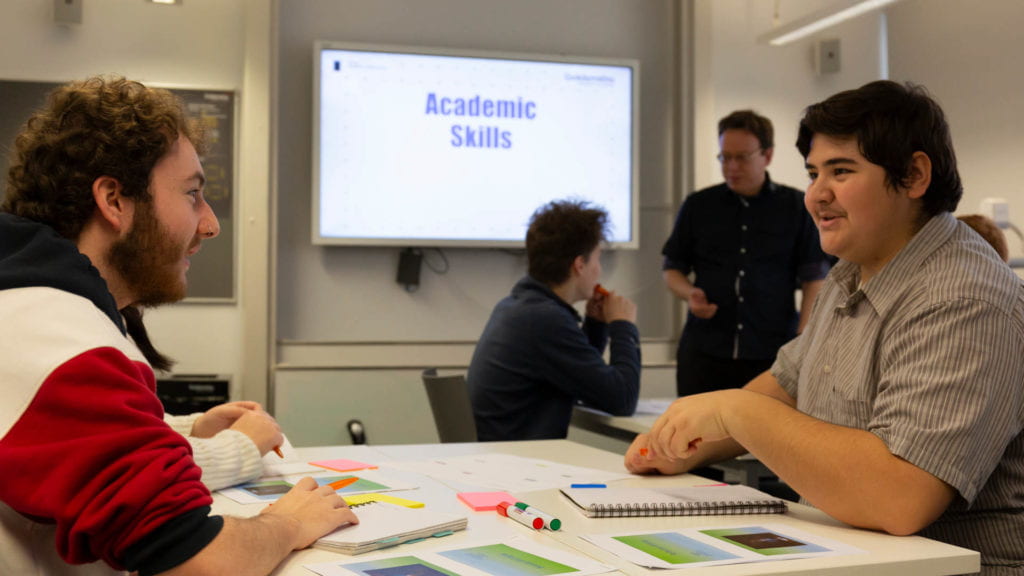Coming back into higher education after a 15-year hiatus has the potential to be jarring. As Farida Momtaz writes, returning to university at 33 can present very different challenges to studying at 18.
My first university experience was in 2002, as a care-free 18-year-old, living away from home for the first time, and looking forward to exploring an unfamiliar and exciting world. I did everything wrong academically, but I followed the rules of university of life perfectly: I partied too much, didn’t study enough, and still passed with flying colours. This time around, I commenced my Master’s degree as a 33-year-old single mother of two children, and a professor at the university of life. I studied all the time, did not party at all, and still struggled to grasp and effectively apply my newfound knowledge.

In search of the reasons behind this, I came to two conclusions. Firstly, and most noticeably, I now have additional commitments, and have to balance my life, time, space, and mind between numerous duties. During my first stint at university, I focused on the personal-growth aspect, as I was yet to drink in the teachings of life. Now, I have had enough life lessons to make me proficient in the game. At this point in my student life, I enjoy the academic aspects, and I am also aware that I cannot afford to make mistakes, as I am responsible for others.
Secondly, and more intangibly, I haven’t done this for a long time! “If you don’t use it, you lose it” really applies in this situation – I had not used my academic skills for many years. My first time at university, I had mastered my academic skills as I had been practicing them my entire life until that point. Now, I am not only learning new information on my course, but also relearning my lapsed academic skills. I have to focus on the academic aspect of the university experience, as I know I have to work harder than the ‘traditional’ student.

My encounter with the world of higher education as a mature student has compelled me to initiate a dialogue about what resources could be implemented to aid someone in my position through the transition from the university of life, to the university of academia. I would propose a refresher course targeted at those who have been away from formal education for a substantial amount of time, as academic skills need to be practiced, mastered, and then practiced again.
Mature students do not represent the hegemonic student population, and thus are a marginalised group whose needs and capabilities often go unrecognised. Being a mature student can be an isolating experience, and a lot of focus is placed on academically coping, which is why access to peer support can be liberating and cathartic.
I feel privileged to have experienced university as both a young and a mature student. The encounters are incredibly distinct, but they both resulted in the same transformational effect.
If you are a mature student interested in studying at Goldsmiths, feel free to email Course Enquires for more information. For help practicing and mastering your academic skills, visit Goldsmiths Academic Skills Centre.